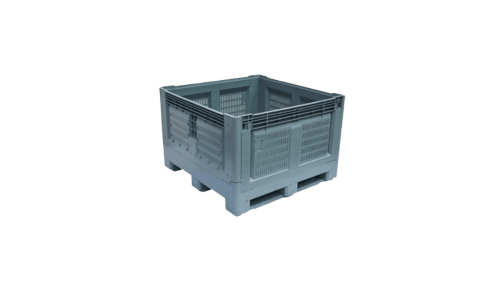Celery exports from Australia have increased 172 per cent from 2011/12 to 2014/15, according to industry body AUSVEG who cited figures from the Australian Bureau of Statistics and Global Trade Atlas.
In 2014/15, global celery exports were worth more than $270 million, increasing over five percent from the previous year's figures. In Western Australia, it is one of the most profitable vegetable crops to grow, according to the WA Department of Agriculture and food.
However, it is just one of Australia's strong export performers, with AUSVEG Economist Andrew Kruup stating that the value of all vegetable exports is set to grow $126 million over the next five years.
With a growing industry, more competition is likely. How can you make sure your vegetable exports are above par?
Reducing risks for vegetable exports
ABC spoke to celery farmer Christopher Schreurs last year, who had recently changed his export practices to use air freight to increase the quality of his exports.
"You're looking at maybe a 50 per cent increase on domestic prices, depending on where it is going," commented Mr Schreurs.
Although celery is relatively low value compared to other Australian commodities, using export methods that lower the risk of disease provide an economic pay off.
Using plastic pallets as a lower cost solution
If you are worried about the risk of disease when exporting vegetable crops out of Australia, then you could switch to air freight. However, air freight usually costs between 4 to 5 times higher than land transport, and 12 to 16 times the amount of traditional sea freight methods.
You may want to consider using hygienic pallets to reduce the risks. Eco Pallets makes their products out of biodegradable plastics that are resistant to mould and other unhygienic contaminants. Furthermore, their pallets meet export requirements to over 40 countries without having to be fumigated like other traditional shipping merchandise.










Comments are closed.